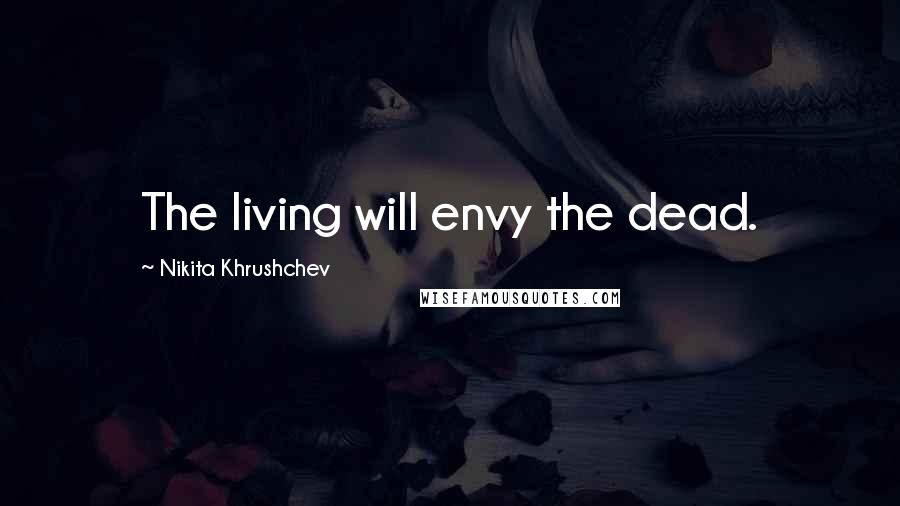

“Borrowed time and borrowed world and borrowed eyes with which to sorrow it.” So the operative quote from THE ROAD which counters the one you cite is: When Oprah asked McCarthy what he wanted people to get from THE ROAD, he said that he wanted people to be grateful, even if they didn’t know to whom to be grateful. Here is a link to that part of the book if you want to see it: We could start by asking, “How much tragedy can we live with and still not have ‘the survivors envy the dead’?”, but we will start with a more moderate question: “How dangerous or hostile a world would we be wiling to live in and still call it a reasonable facsimile of a Russian or American standard of living?” “Before describing postwar problems, let us consider what we mean by an acceptable level of risk. 2 of Kahn’s “On Thermonuclear War,” which has its chapter heading in all caps, WILL THE SURVIVORS ENVY THE DEAD? Returning to the question “Will the survivors envy the dead?”, I offer the opening sentence from Ch. At any rate, like McCarthy, Kahn was always willing to “Think(ing) About the Unthinkable” (the title of one of Kahn’s books). His ideas were vilified in some quarters and praised in others. He said the movie and novel “On the Beach,” which showed the near-total destruction of the world, was the exact wrong way to think about nuclear war, and I wonder if he would say the same about “The Road” were he alive today. His ideas were instrumental in the implementation of Civil Defense preparations in the United States. Kahn believed that preparations such as building shelters and evacuations of cities would mitigate the damage caused by nuclear war.

Kahn argued against cataclysm, and believed that nuclear war could be won, and also professed grave doubts about the policy of MAD, or Mutually Assured Destruction/Deterrence, which he saw as poorly conceptualized and a bad policy. This “supergenius” (he scored higher on an intelligence test administered to him by the military in 1943 than anyone in history) was a preeminent Cold War futurist “known for analyzing the likely consequences of nuclear war and recommending ways to improve survivability a notoriety that made him an inspiration for the title character of Stanley Kubrick’s classic black comedy film satire, “Dr. The kind of thing McCarthy does in The Road - imagining a world following a nuclear attack or some other catastrophe - is how Kahn made his living, focusing on nuclear war scenarios (and how to prevent them), first at RAND and then later at the Hudson Institute, which he founded with seed money from Thomas J.


 0 kommentar(er)
0 kommentar(er)
